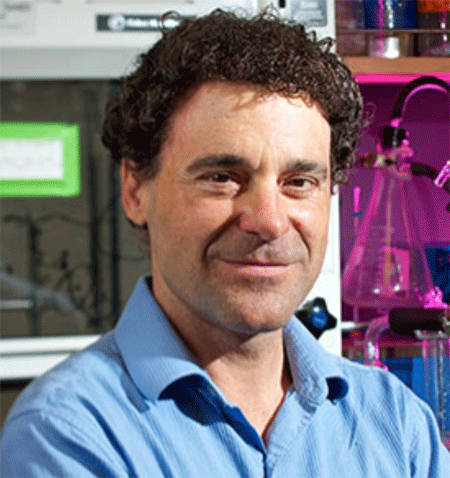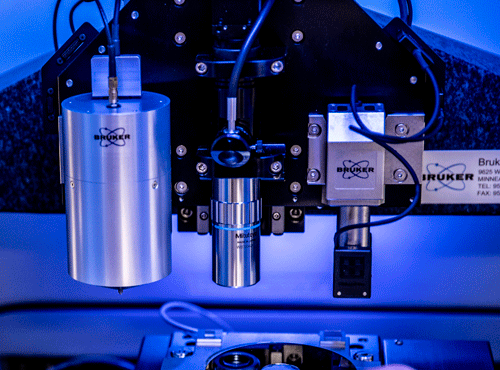
MolES students, faculty, and staff gathered last Saturday to improve information on molecular engineering available on Wikipedia. The group contributed information on the history of the discipline, applications, instruments and methodology. Special thanks to Sawyer Morgan, graduate student in Chemical Engineering, for showing our brand-new editors the ropes!
This was our first Edit-a-Thon but won’t be the last! Anyone is welcome to join us for future sessions, just email us to be notified of the next session. Read More


Two MolES faculty members are being honored as 2016 Awards of Excellence winners, both for their achievements in teaching. Cole Deforest, assistant professor, chemical engineering and Wendy Thomas, associate professor, bioengineering will be honored June 9, 2016 at a ceremony on campus.
The Distinguished Teaching Award is given annually to seven faculty members: five from the Seattle campus and one each from UW Bothell and UW Tacoma. Recipients are chosen based on a variety of criteria, including mastery of the subject matter; enthusiasm and innovation in the teaching and learning process; ability to engage students both within and outside the classroom; ability to inspire independent and original thinking in students and to stimulate students to do creative work; and innovations in course and curriculum design. Read More
Professor Shaoyi Jiang’s research focuses on helping the body accept medical devices and implants that it naturally wants to reject. His 2013 paper on using zwitterionic hydrogels to eliminate the foreign body response to implants was selected as one of eight major hits in 20 years of Nature Biotechnology biomedical research. The March 2016 issue featured authors of some of the most highly cited Nature Biotechnology biomedical papers from the past 20 years who discussed their work and challenges for their fields. Read More

Pat Stayton, Director of the Molecular Engineering and Sciences Institute (MoIES) and Distinguished Career Professor of Bioengineering, will remain MolES Director for an additional five years.
December 4, 2015 The Molecular Engineering & Sciences Institutes celebrates signing of a Memorandum of Understanding between the National Institute of Materials Science (NIMS) and the University of Washington (UW)
The MolES Institute welcomed MANA Researcher Dr. Mitsuhiro Ebara, a former UW postdoctoral fellow in Bioengineering, for a signing celebration on December 4, followed by a talk, Shape-memory surfaces for shaping cells' fate, presented as part of the interdisciplinary Molecular Engineering Seminar Series.
The MOU is intended to foster cooperation among researchers across institutes in the area of smart nano-biomaterials. Read More
Professor Cole DeForest is researching new ways to coerce stem cells into transforming into other cell types. Ultimately, his research could make huge impacts in medicine by engineering organs and tissues to combat heart disease. DeForest is an assistant professor of chemical engineering and a member of the Molecular Engineering & Sciences institute faculty.
Read more at The Whole U website. Read More


The University of Washington and Oregon State University have won a $4.5 million, five-year grant from the National Science Foundation to advance nanoscale science, engineering and technology research in the Pacific Northwest and support a new network of user sites across the country.
The regional partnership was selected as one of 16 sites for a new National Nanotechnology Coordinated Infrastructure (NNCI) program. That network is designed to give researchers from academia, small and large companies and other institutions open access to university facilities with leading-edge fabrication and characterization tools. Read More
The Washington Nanofabrication Facility is home to more than 140 scientists and engineers every month and is used by researchers and businesses. It is the closest and most affordable facility for startups in the region that need access to the expensive machines to build products
A team of University of Washington researchers has engineered yeast cells that can "talk" to one another, using a versatile plant hormone called auxin.
Professor Lara Gamble has been named a fellow of the American Vacuum Society (AVS).